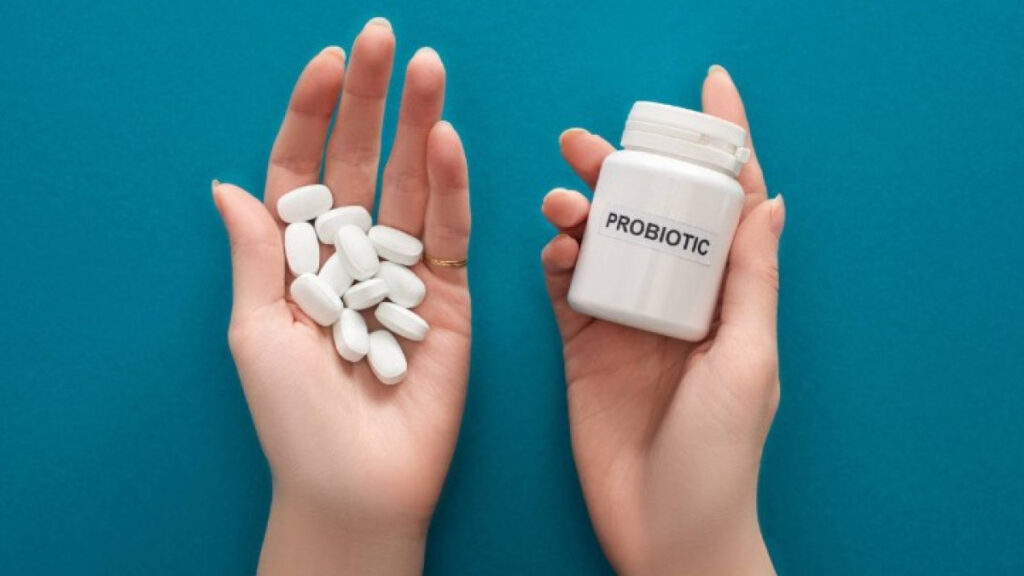Prostate health is a critical aspect of overall wellness in men, particularly as they age. As medical understanding advances, researchers are increasingly exploring the potential benefits of probiotics in promoting and maintaining prostate health. Probiotics often referred to as good bacteria, have long been associated with digestive health. However, recent studies have shed light on their potential impact beyond the gut, including their role in nurturing men’s wellness through improved prostate health.

The prostate is a small gland situated beneath the bladder and around the urethra. It plays a vital role in male reproductive health by producing a fluid that nourishes and transports sperm. With age, the prostate gland can become susceptible to various conditions, including benign prostatic hyperplasia BPH and even prostate cancer. This has spurred interest in preventive strategies, and emerging research suggests that probiotics could play a significant role in maintaining prostate health. Probiotics are primarily known for their positive effects on the gut microbiome.
However, recent studies have shown that the gut and prostate microbiomes are interconnected, and imbalances in one could potentially affect the other. Probiotics, when consumed in adequate amounts, can contribute to a balanced gut microbiome. This, in turn, might have indirect benefits for prostate health by reducing inflammation and supporting immune function. Chronic inflammation is believed to be a contributing factor in prostate enlargement and other prostate-related issues, so managing it could be preventing such problems. Certain strains of probiotics, such as Lactobacillus and Bifidobacterium species, have demonstrated anti-inflammatory properties and the ability to modulate the immune response. By influencing the body’s immune system, probiotics could potentially help in preventing the development of prostate conditions top probiotics for men. Moreover, some research suggests that probiotics might also interfere with the conversion of testosterone into dihydrotestosterone DHT, a hormone linked to prostate enlargement. This could contribute to a reduction in the risk of benign prostatic hyperplasia.
As encouraging as these findings are, it is important to note that research into the specific benefits of probiotics for prostate health is still in its early stages. More rigorous clinical trials are needed to establish concrete recommendations and understand the mechanisms at play. Additionally, individual responses to probiotics can vary widely, and what works for one person might not work for another. Incorporating probiotics into one’s diet is relatively straightforward. In conclusion, the relationship between probiotics and prostate health is an intriguing area of research that holds promise for nurturing men’s wellness. While the potential benefits are becoming clearer, it is essential to approach these findings with a balanced perspective. Probiotics could contribute to prostate health by reducing inflammation, supporting the immune system, and possibly even influencing hormone levels. However, maintaining a healthy lifestyle that includes a balanced diet, regular exercise, and routine medical check-ups remains crucial for overall prostate wellness. As research progresses, a clearer picture of the role of probiotics in supporting men’s prostate health will likely emerge, offering new insights into preventive strategies and holistic well-being.